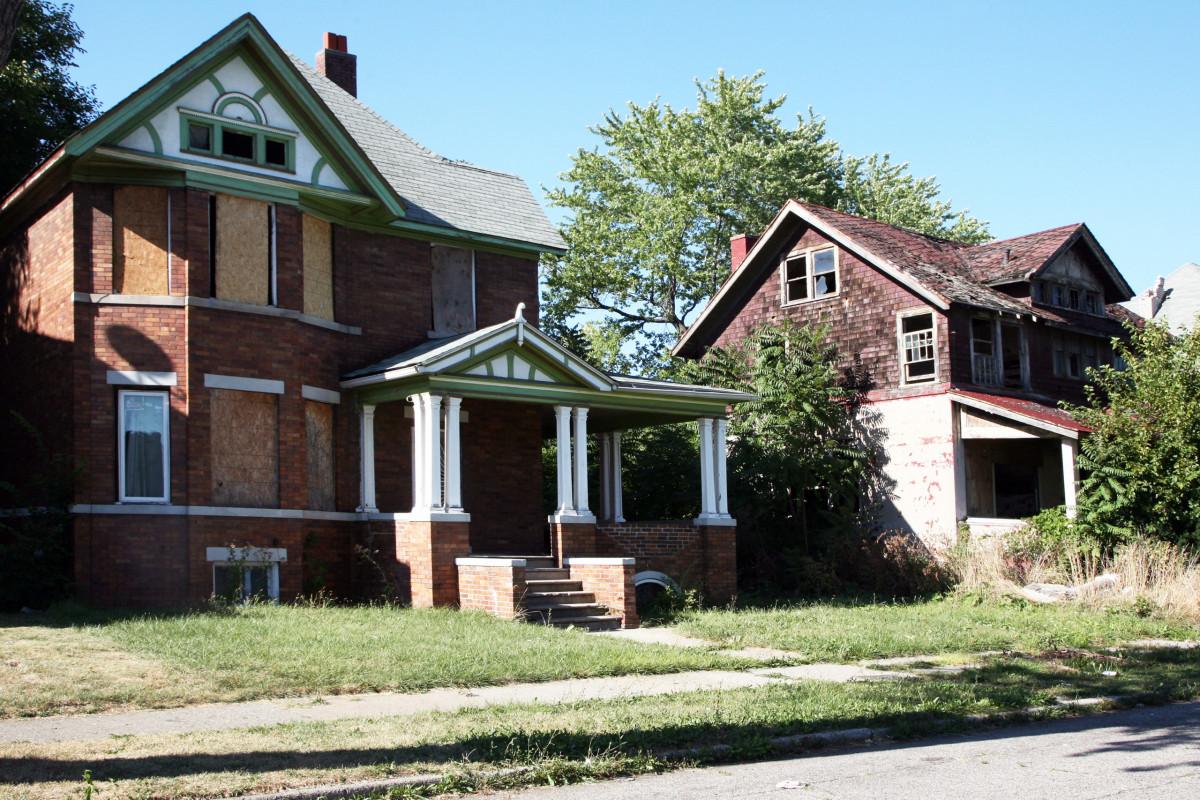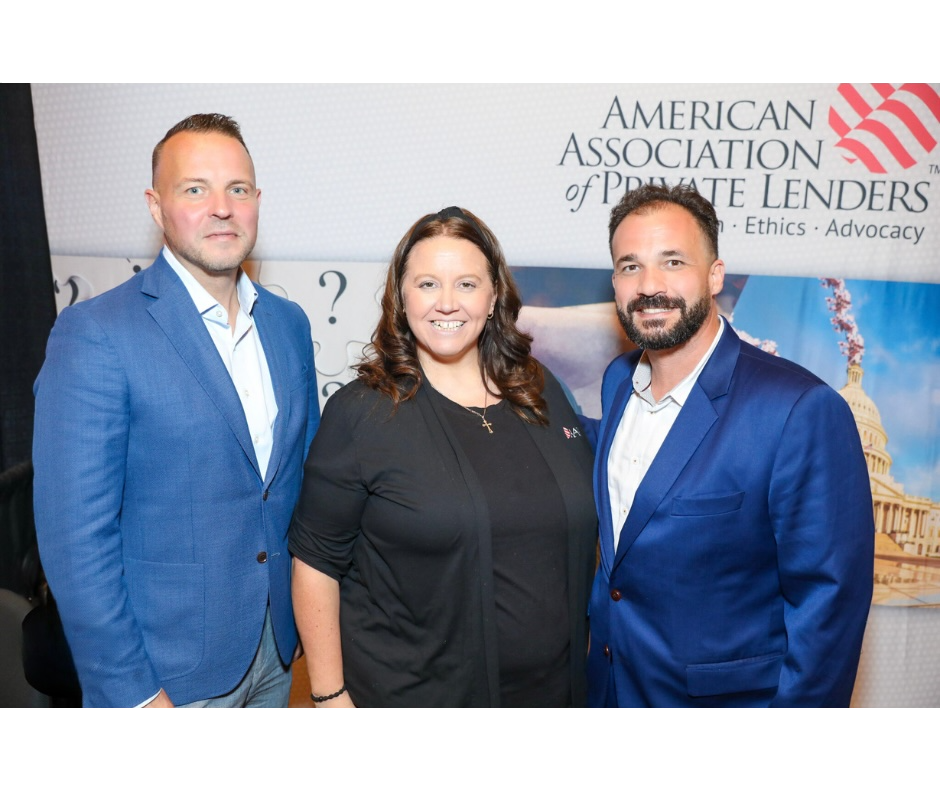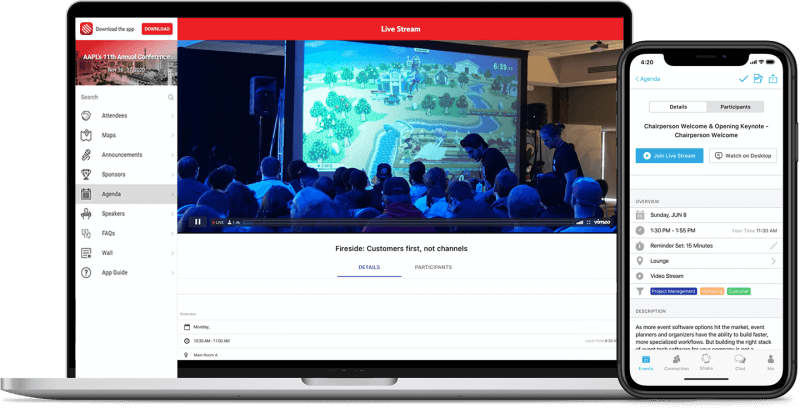Ongoing pandemic spurs IRS decision to renew relief measures.
In the recent IRS Notice 2021-10, the regulatory agency extended relief to Opportunity Zone Funds due to ongoing concerns stemming from the coronavirus. The announcement essentially renews the prior relief measures implemented via IRS Notice 2020-39, which expired at the end of 2020.
The following is a quick breakdown of the key benefits the IRS is carrying over into 2021.
180-Day Investment Window
Investors are now afforded a 180-day period during which they may choose to make an investment in an Opportunity Zone Fund. Per the updated notice, if that window would typically expire after March 31, 2020, it may now be prolonged until March 31, 2021.
Penalty Waiver
Generally speaking, an Opportunity Zone Fund has to meet certain prerequisites that are reviewed semi-annually. If these baseline standards are not met, penalties can be adjudged on the respective fund. IRS Notice 2021-10 effectively negates any Opportunity Zone penalties for both the 2020 and 2021 tax periods if the fund was established prior to 2021. The extension does not, however, eliminate penalties meted out to Opportunity Zone Funds that were formed in 2021.
Working Capital Exceptions
For entities deemed “qualified opportunity zone businesses,” there is typically a 31-month safe harbor period for retaining working capital. The guidelines provide a 24-month extension in situations where the business is operating in areas that have been declared a Federal disaster zone.
The new IRS Notice explicitly states that this 24-month extension is applicable to any working capital that was retained prior to June 30, 2021. Accordingly, all finances a qualified Opportunity Zone business holds in advance of June 30, 2021, in line with the working capital exception is required to be expended within 55 months of receiving it. This prevents businesses from benefitting from back-to-back 24-month extensions.
Regardless, the working capital safe harbor, in addition to any other applicable safe harbor carve-outs (such as those available for tangible property), may be exercised multiple times to separate incoming funds, as long as they are collectively under a 62-month cap. To illustrate, consider a qualified Opportunity Zone business that is in receipt of a capital contribution upon its forming and subsequently is granted another capital contribution three months down the road. Assuming that both contributions qualify per the working capital safe harbor, that means that under the IRS’ updated notice, the 62-month cap can be extended another 24 months due to COVID-19 considerations.
Substantial Property Improvements Timeframe
Another method for a potential Opportunity Zone Fund to meet the prerequisites for this category is to “substantially improve” the associated property. What qualifies as a “substantial improvement”?
Under the preexisting guidance from the IRS, if the basis of the property is doubled under 30 months due to improvements, then the IRS considers it substantially improved. For instance, if an Opportunity Zone Fund shells out $3 million to purchase a piece of real estate and expends an additional $3 million to enhance the property, all within a 30-month window, the property will be officially deemed substantially improved. Per IRS Notice 2021-10, the 30-month substantial notice period is extended, meaning that Opportunity Zone Funds are afforded an additional 12 months to double basis in their properties.
Reinvestment Window Prolonged
A minimum of 90% of an Opportunity Zone Fund’s assets has to be devoted to “qualified opportunity zone property” or QOZP, which does not account for cash. But if an Opportunity Zone Fund sells QOZP, the proceeds from that transaction may be counted as QOZP on the fund’s ledgers as long as it is reinvested within a 12-month window and specific conditions are additionally met.
The IRS rules provide a 12-month extension of this reinvestment deadline if the delay is attributable to a federally declared disaster, as long as the proceeds are reinvested in relatively the same manner as was planned prior to the occurrence of the disaster. The most recent IRS notice affords Opportunity Zone Funds the opportunity to take advantage of the 12-month reinvestment extension if the original period includes June 30, 2020, up to a 24-month cap.
Outlook for Opportunity Zones Program
Many have expressed concern about the Opportunity Zones program and whether it will be repealed or restricted by the new presidential administration. This is highly unlikely. There is no indication of a desire to eliminate the program. President Biden has indicated as recently as December that he will seek to revise the program to incentivize investor benefits for the low-income communities in the zones.
AAPL’s Government Relations Committee has strongly urged Congress to make the opportunity zone program permanent. This will allow for greater revitalization of low-income communities in the long run, a new incentive to build affordable housing, and investments startups and small businesses.
As census tracts change, the Opportunity Zones can be revised at the state and county level, thereby ensuring the areas that are facing economic upheaval can be targeted by investors seeking tax benefits. This would also fuel the private lending industry with new opportunities to lend on residential and commercial real estate projects that flow in as part of these Opportunity Zone projects.












Leave A Comment